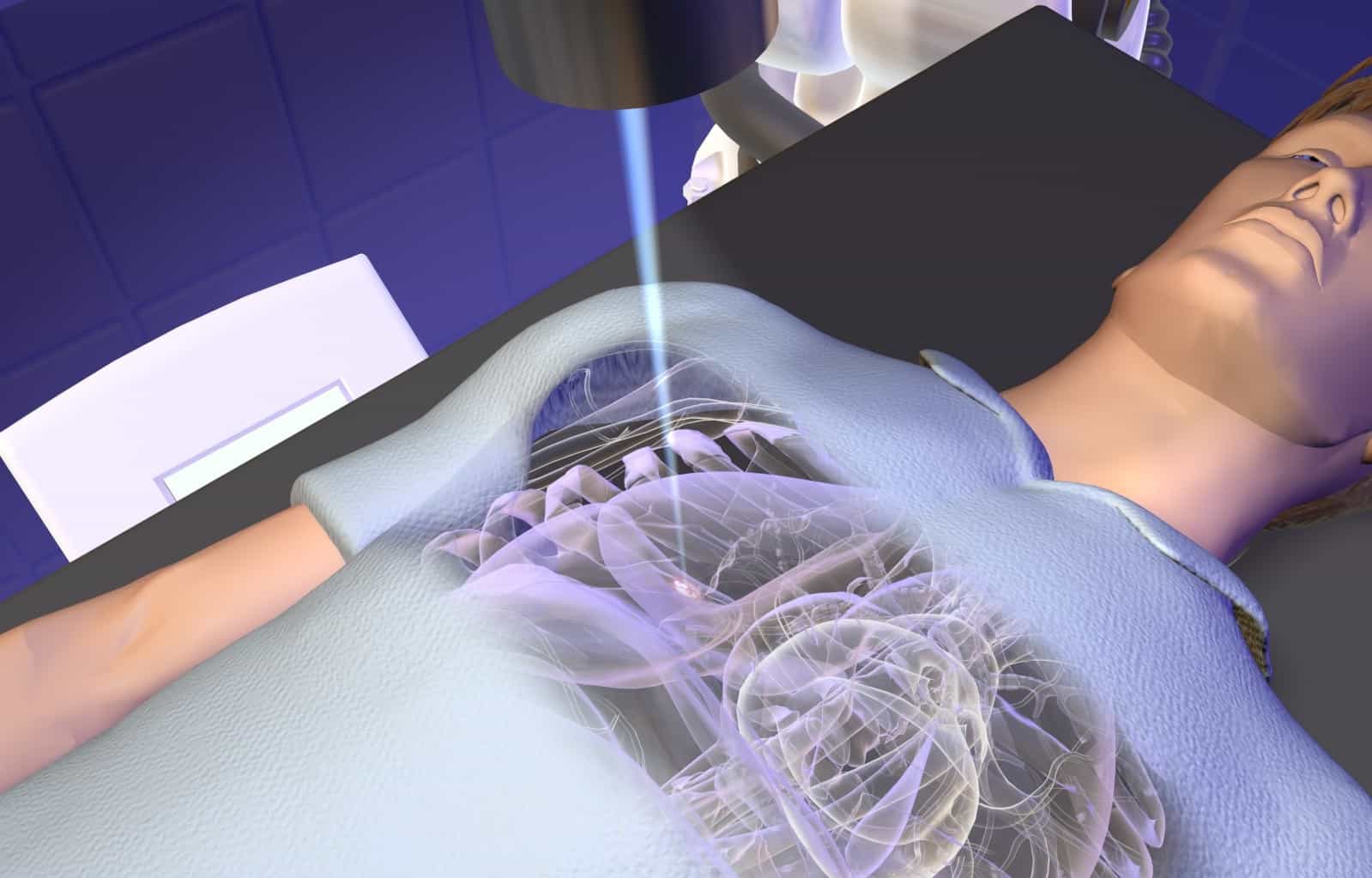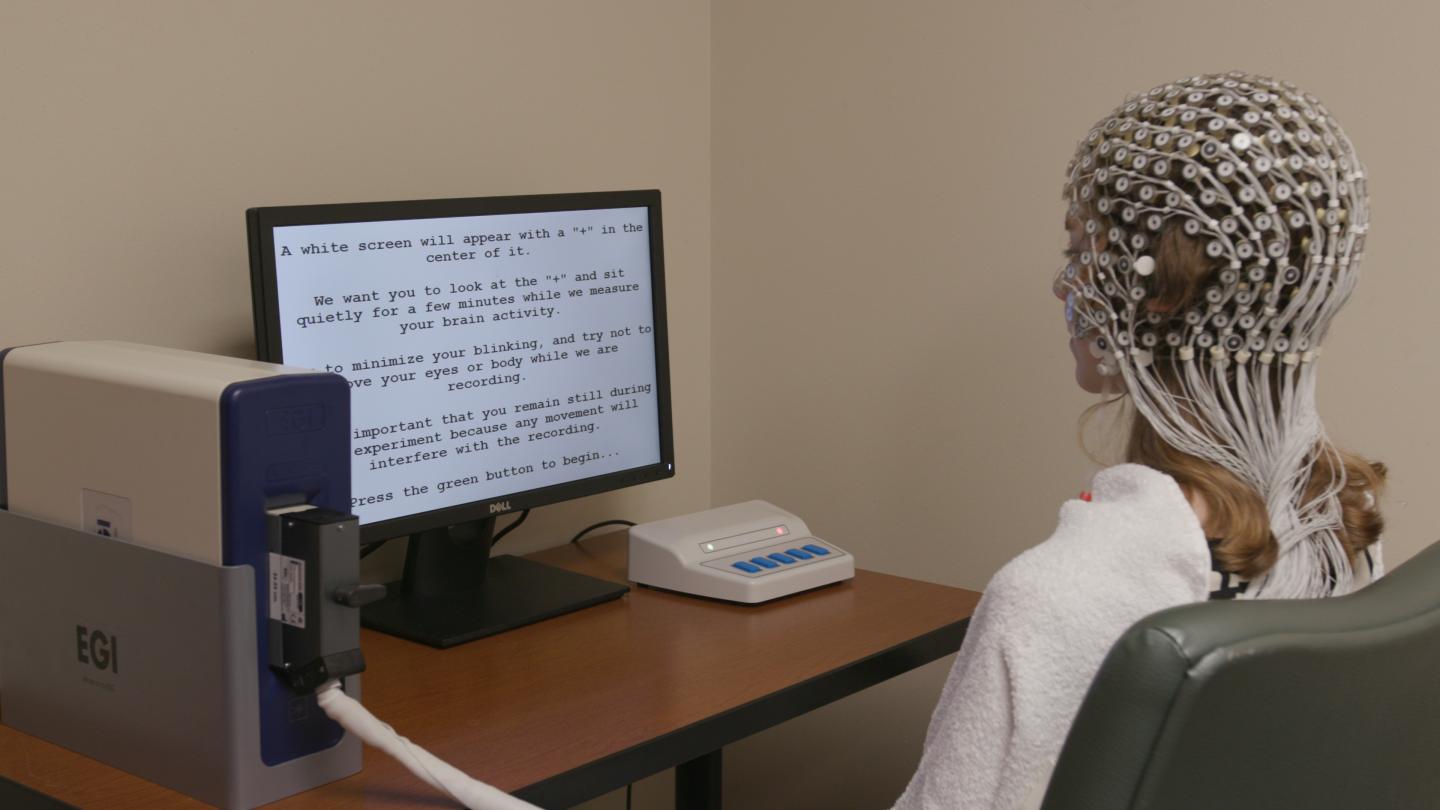Excessive use of skin cancer surgery curbed with awareness effort
JAMA Dermatology Johns Hopkins Medicine Sometimes a little gentle peer persuasion goes a long way toward correcting a large problem. That’s the message from researchers at Johns Hopkins Medicine and seven collaborating health care organizations which report that a “Dear Colleague” performance evaluation letter successively convinced physicians nationwide to reduce the amount of tissue they … Read more





